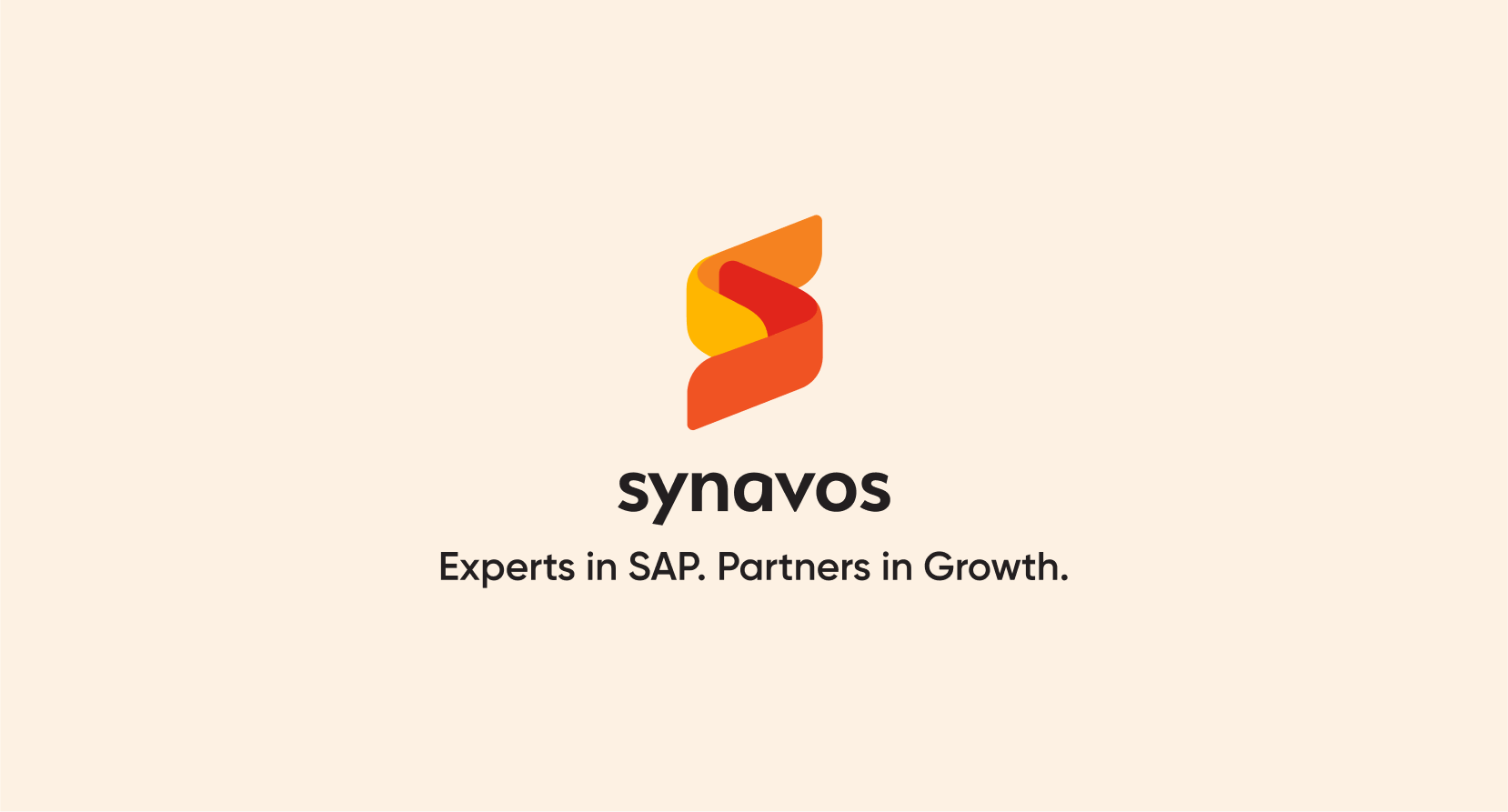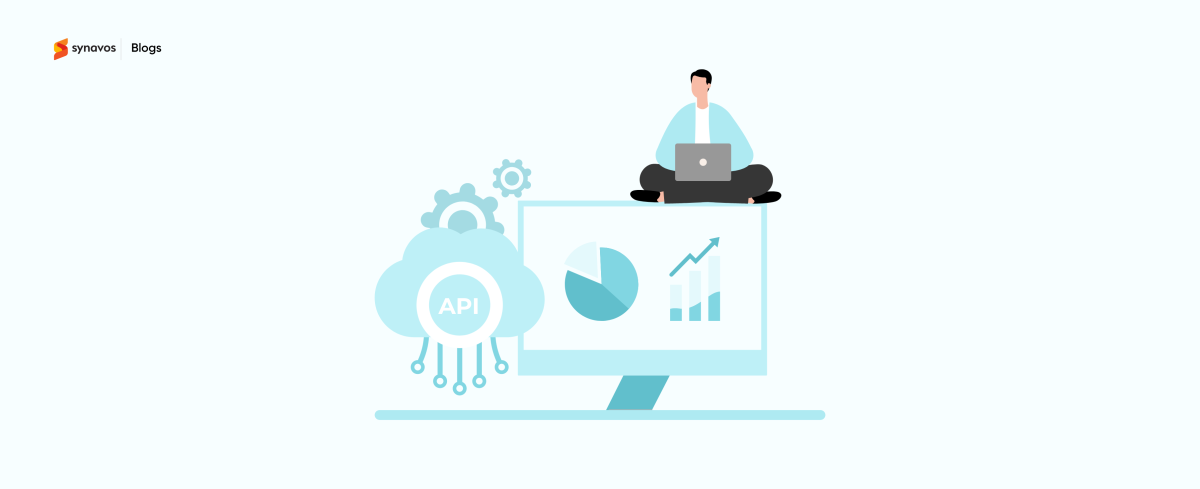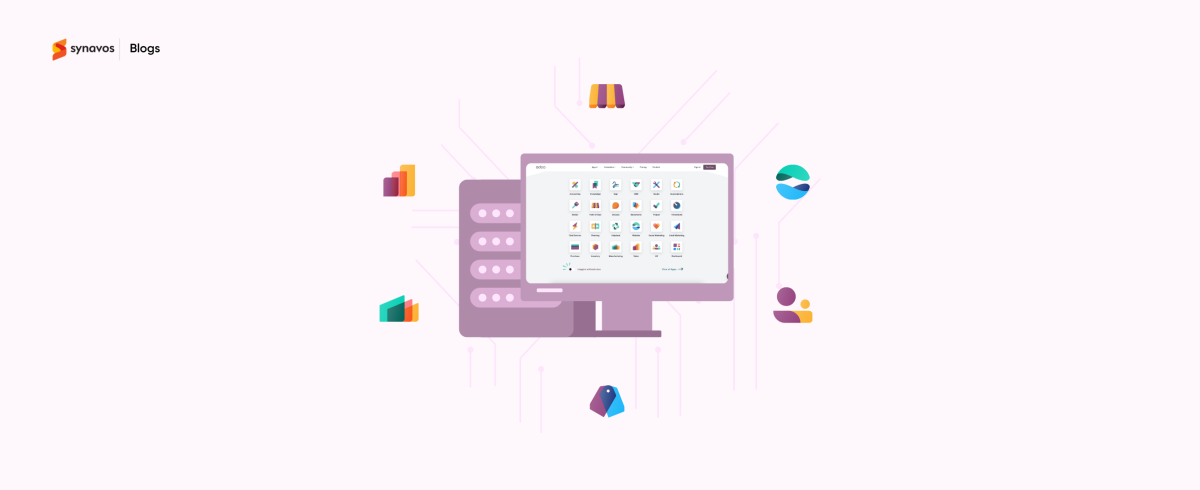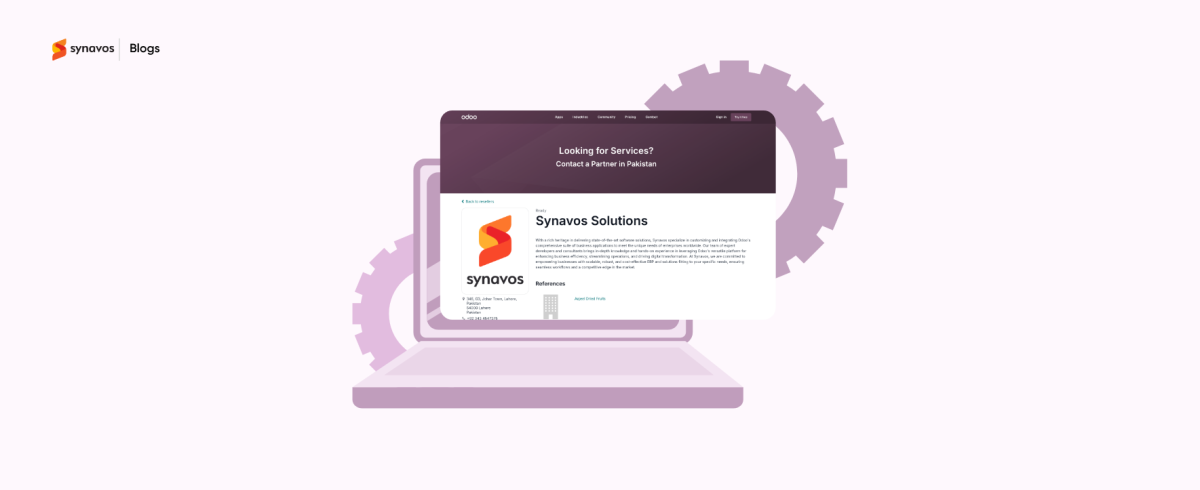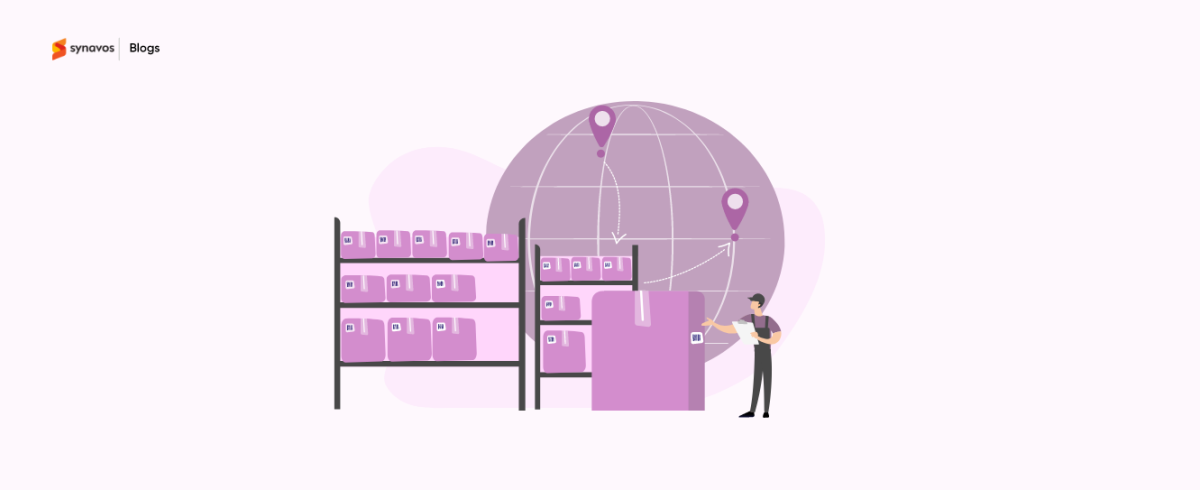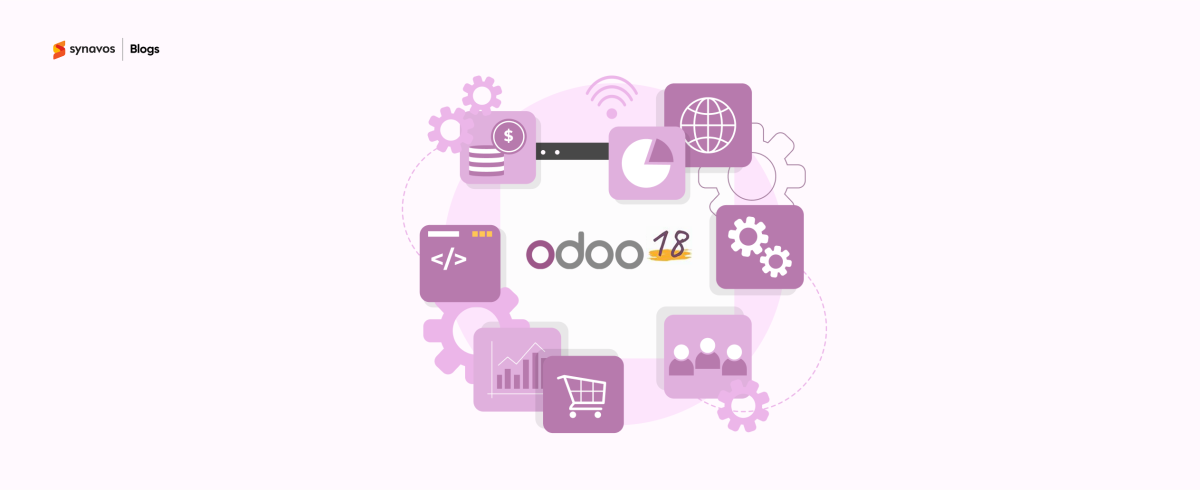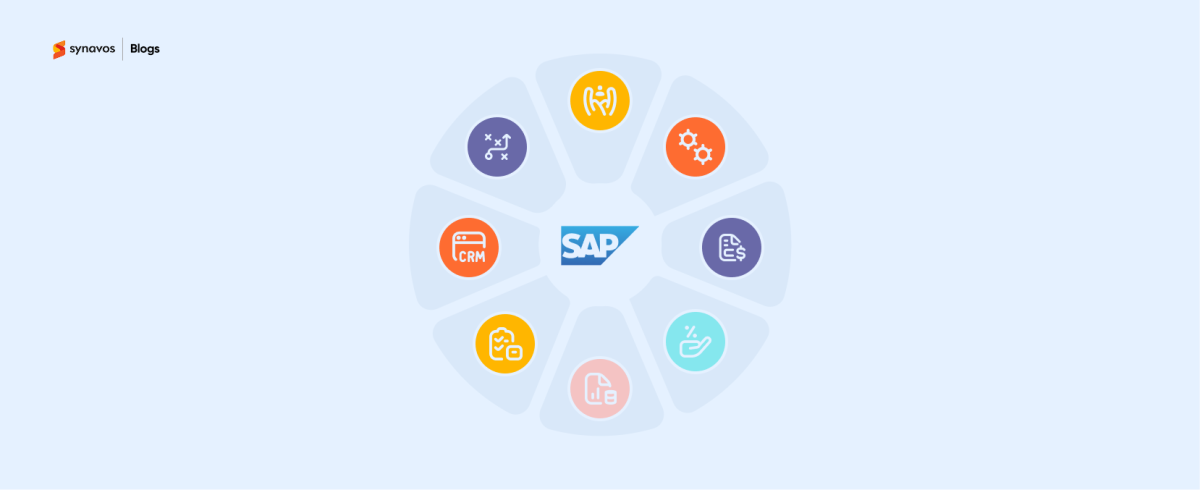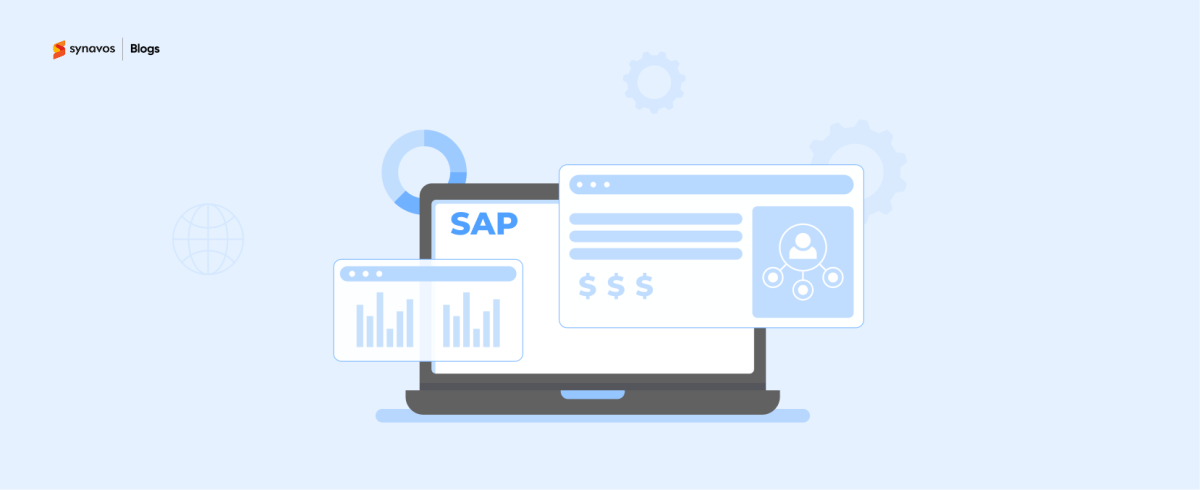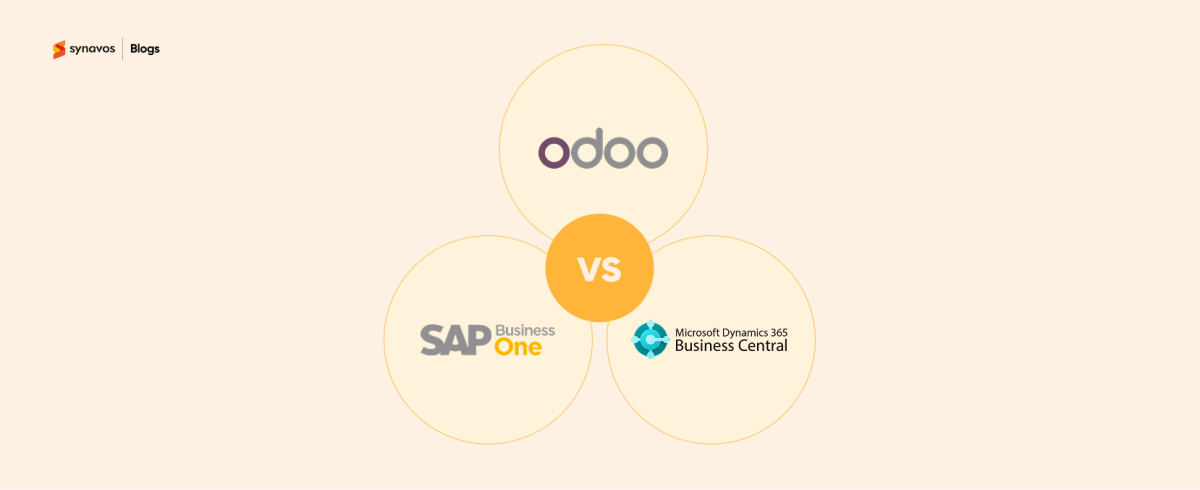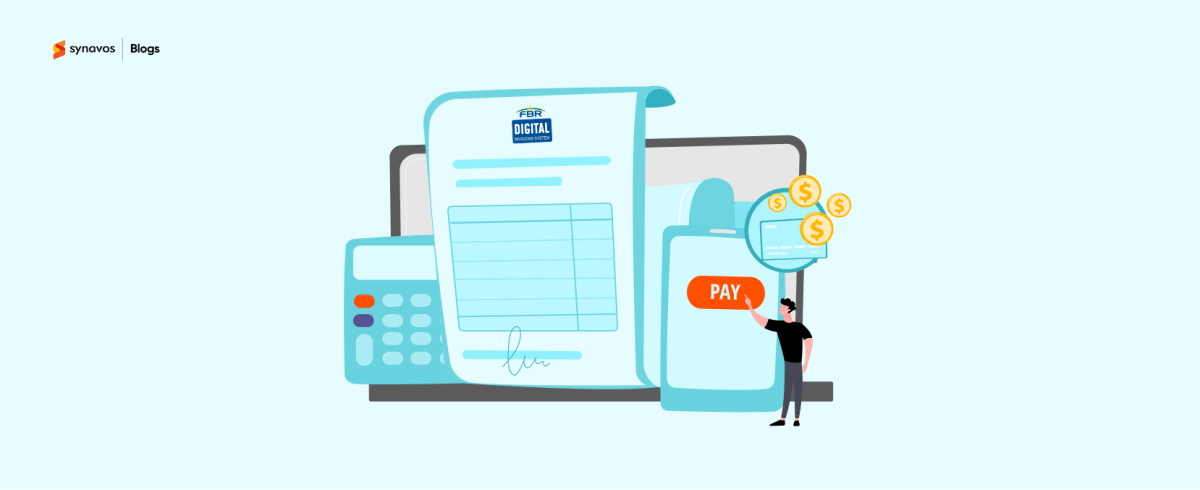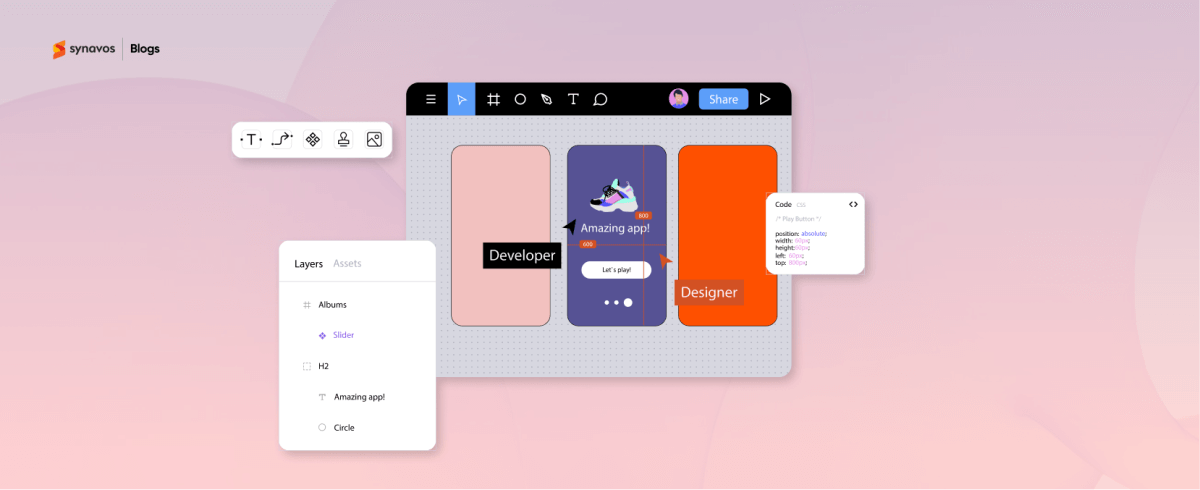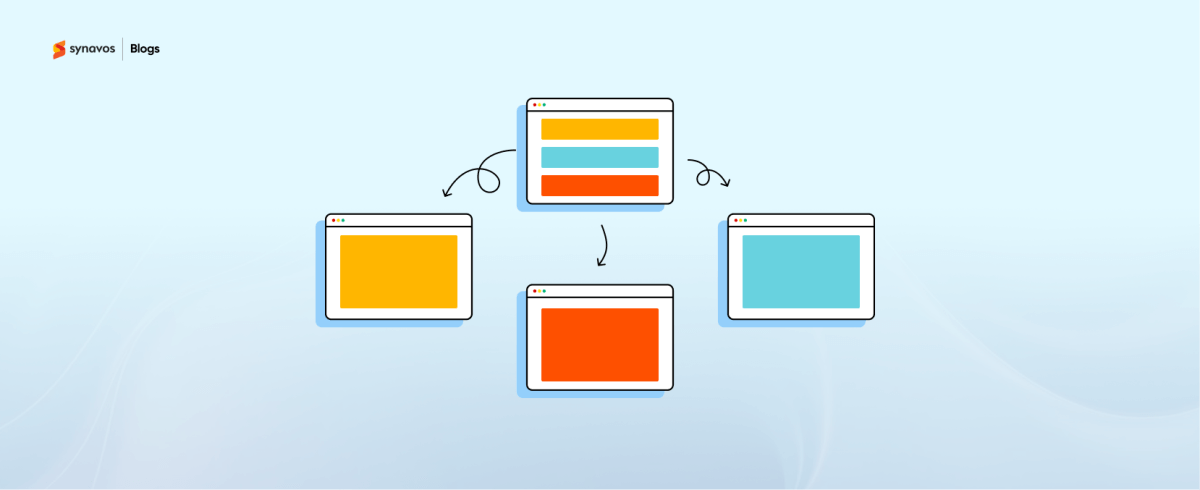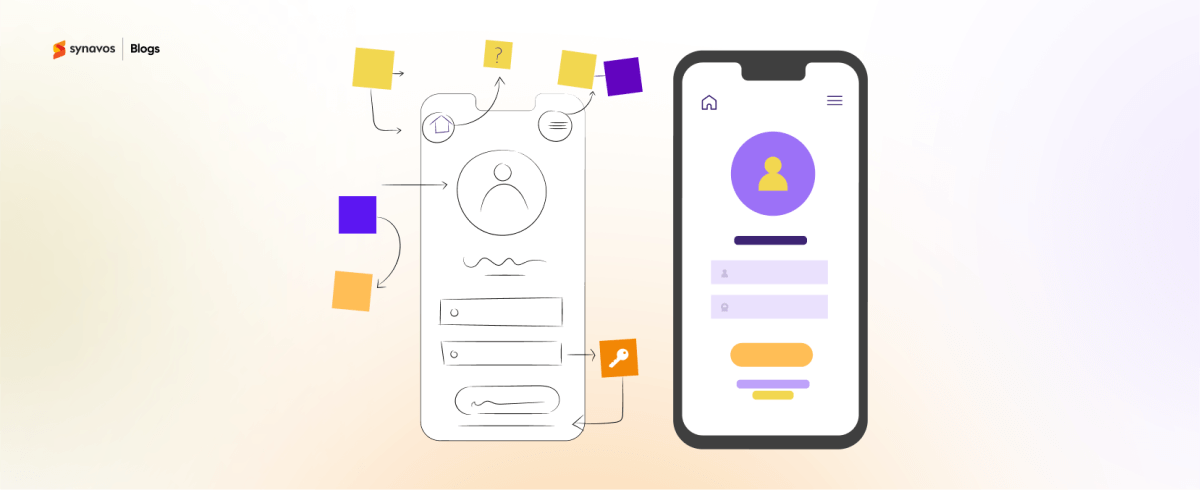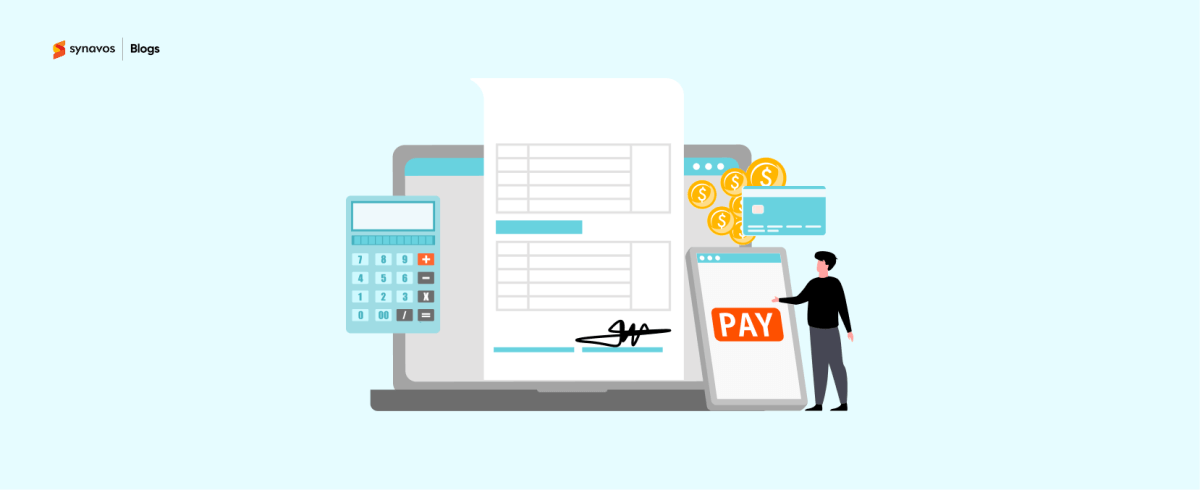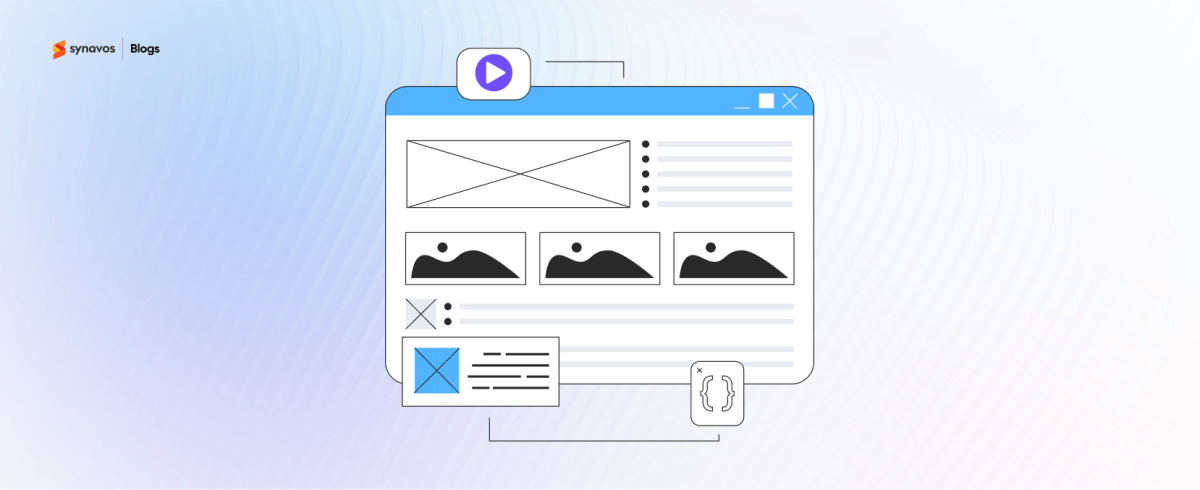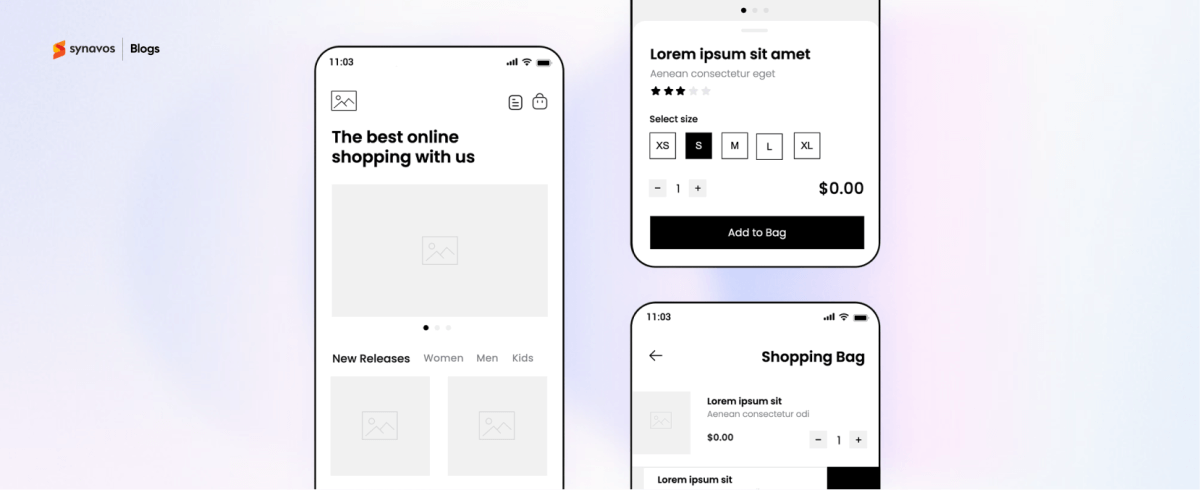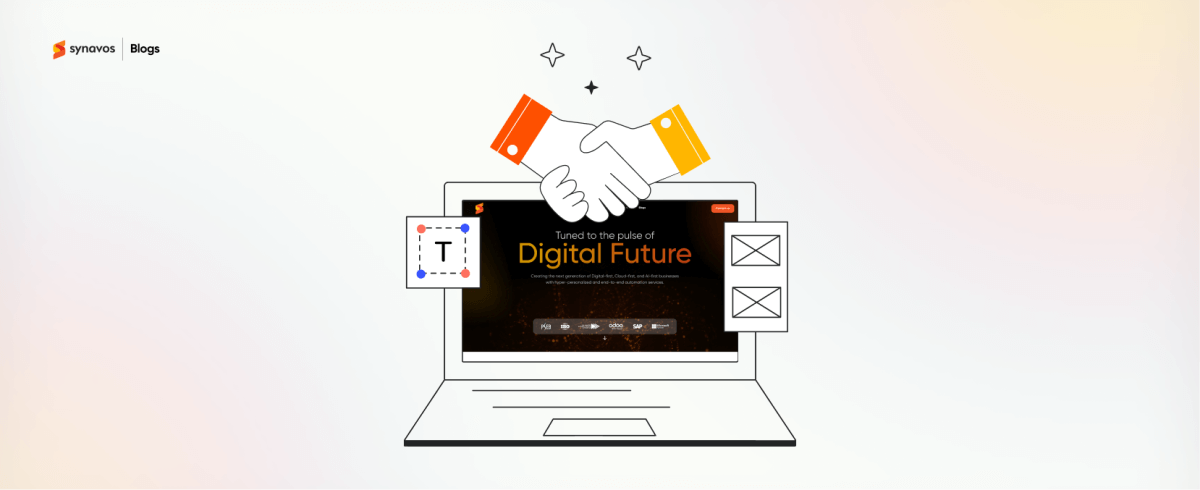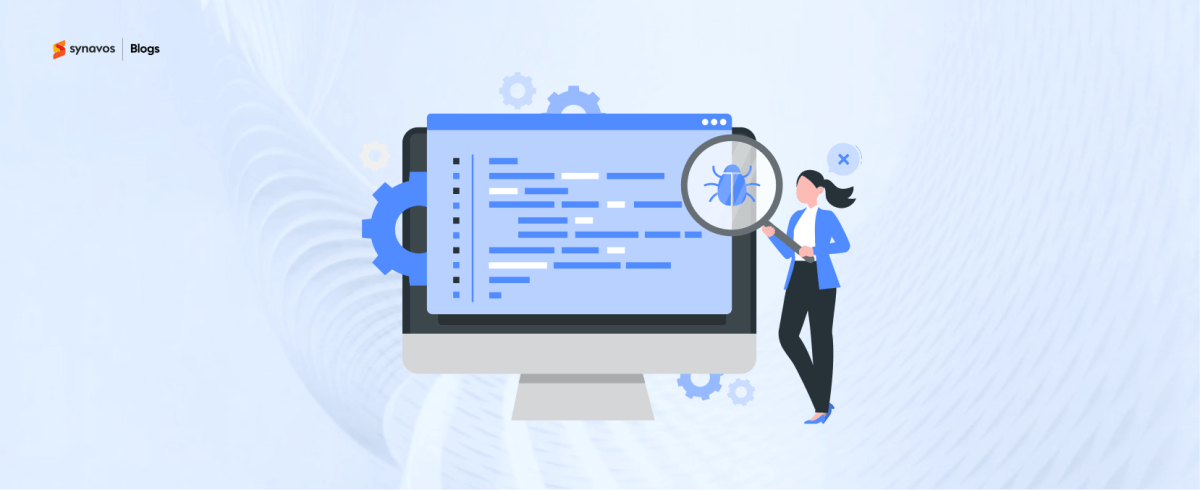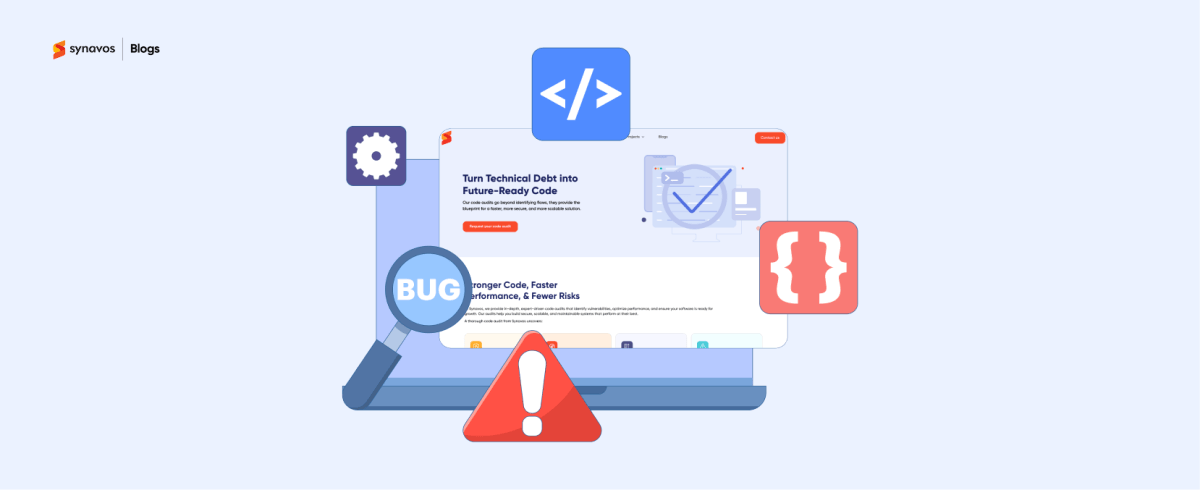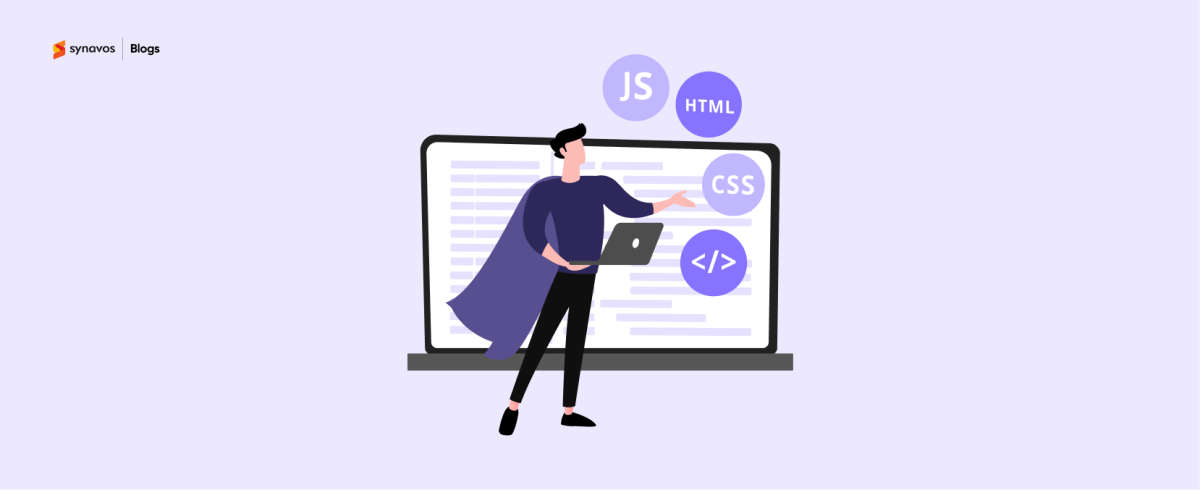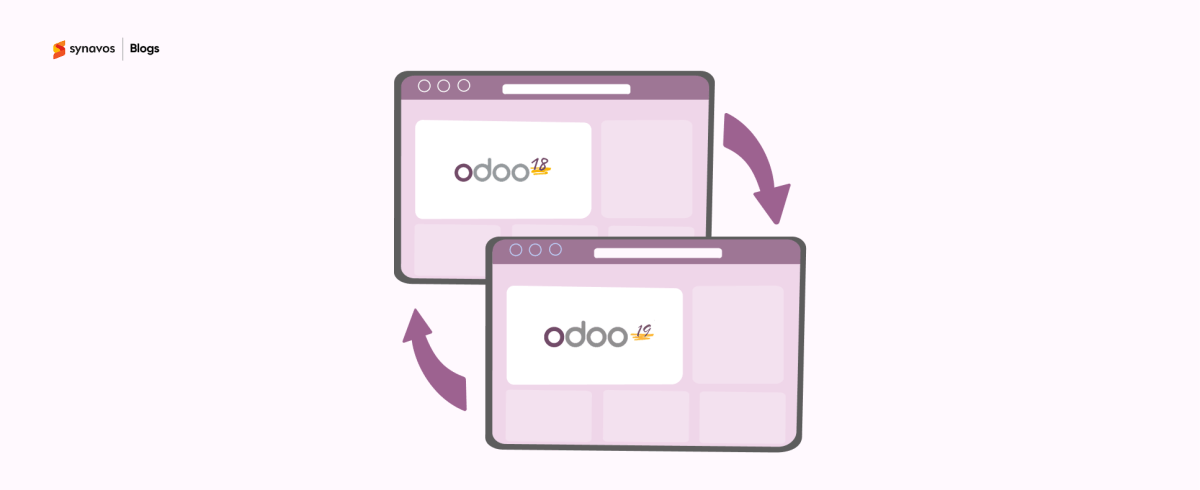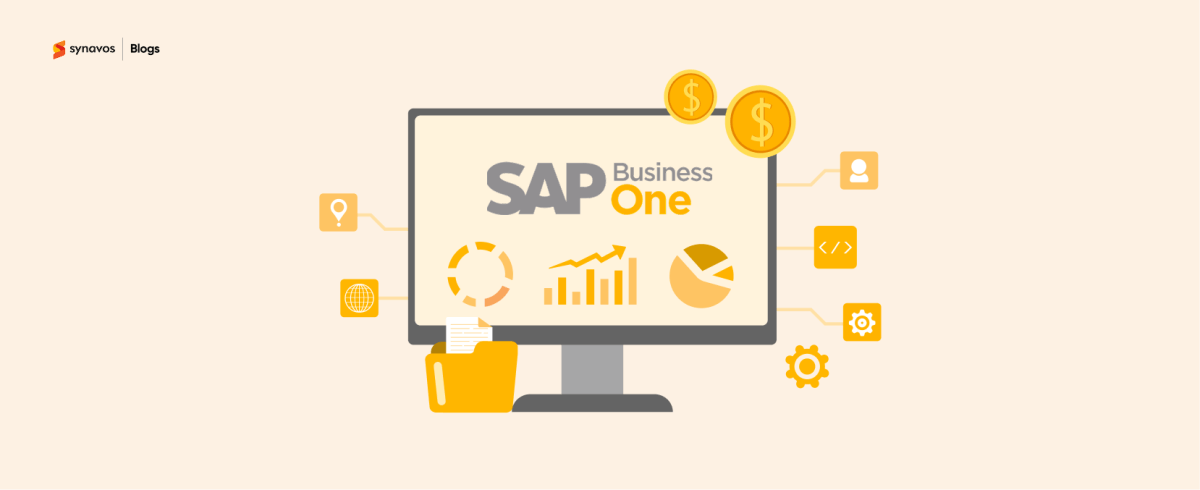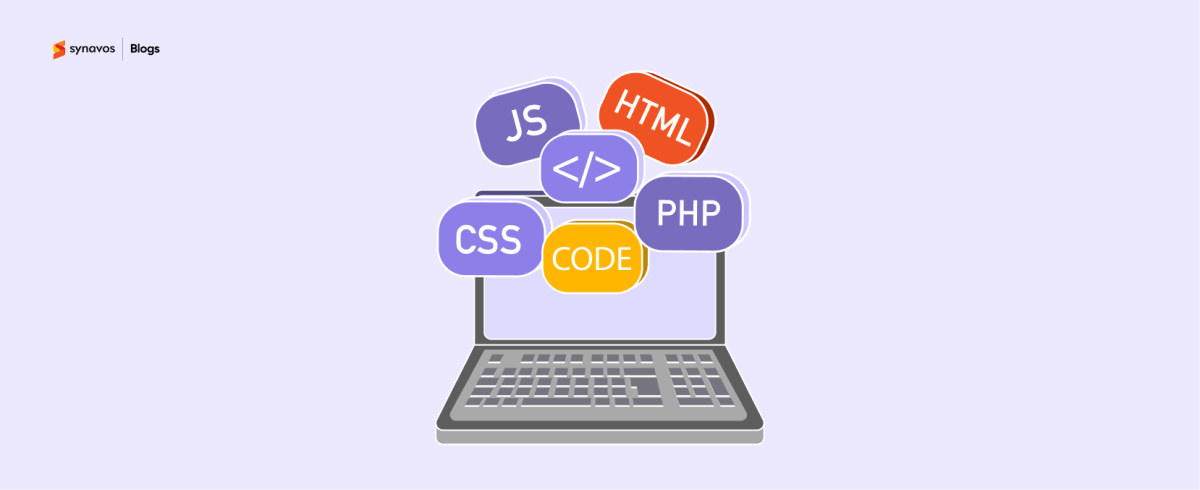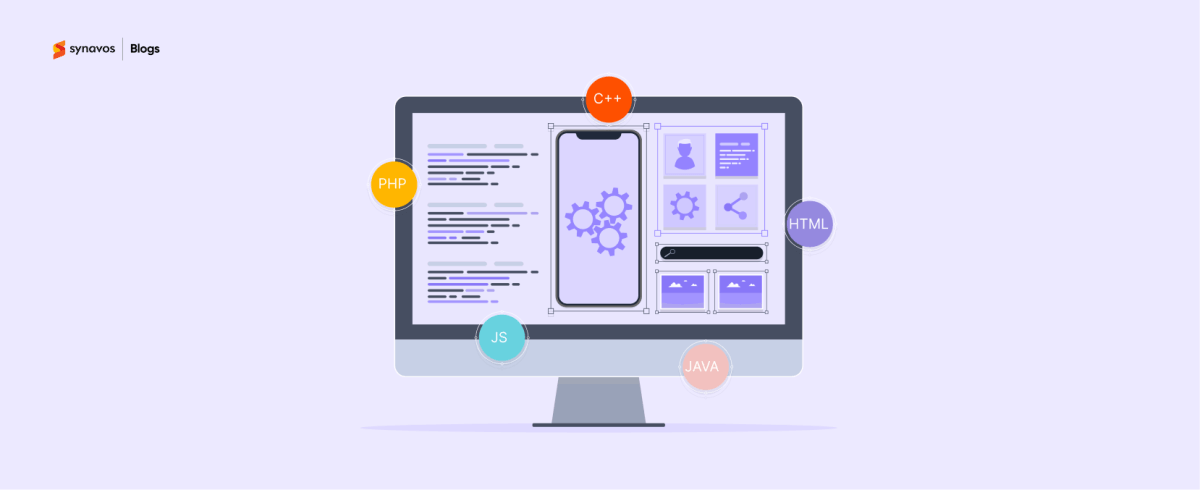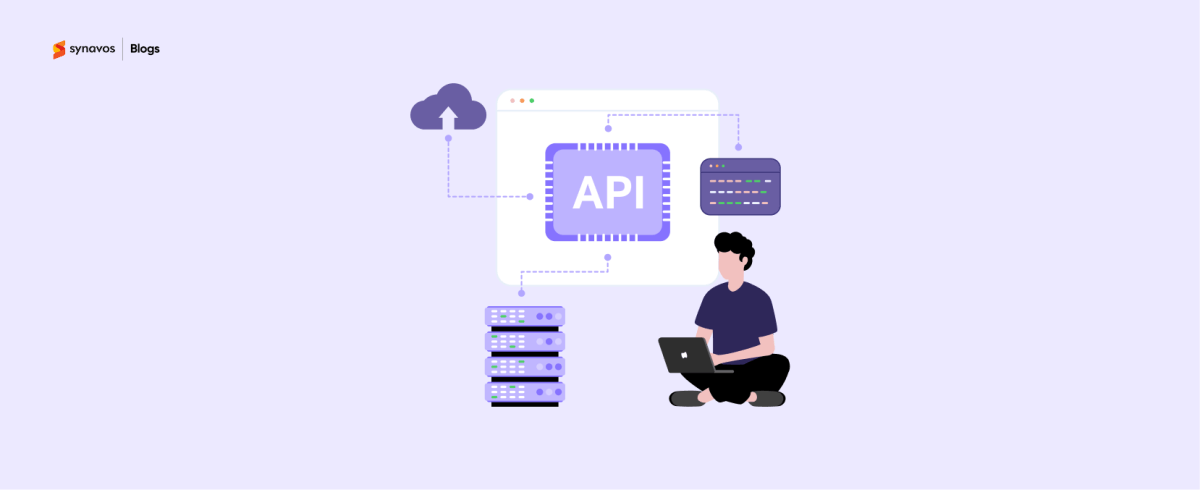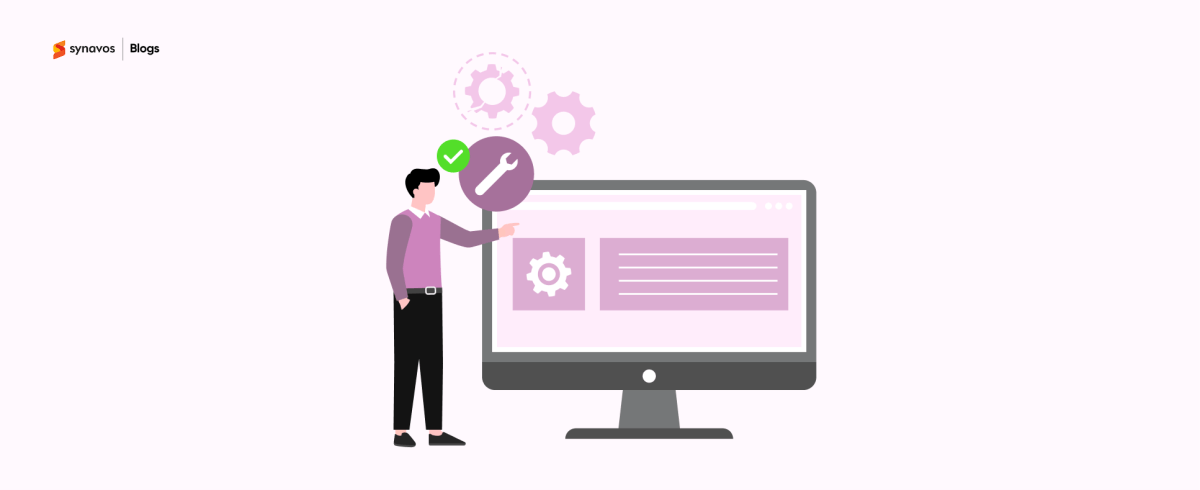SAP Business One has become a go-to ERP solution for many businesses to scale and streamline their operations. It offers a unified platform to manage everything from accounting and inventory to sales and reporting. But no matter how advanced the software is, your success with it depends largely on your implementation partner. That’s why a qualified SAP Business One implementation partner helps you establish an ERP system as per your business needs and guides your team through every step.
Explore this guide to learn how to choose the best SAP Business One implementation partner that can streamline your daily operations, enhance decision-making, and drive sustainable business growth.
Criteria for the Right SAP Business One Implementation Partner
Implementing SAP Business One isn’t just a technical project but a business transformation. This is why choosing the right implementation partner determines whether you open the full potential of SAP Business One or struggle with delays, poor user adoption, and limited ROI.
The following are the 8 key factors that will help you identify and choose a credible SAP Business One implementation partner:
1. SAP B1 Implementation Experience
The first indicator of a reliable SAP Business One partner is to assess their practical experience, specifically with SAP Business One implementations.
How many projects has a firm completed using SAP B1? Have they worked with small and mid-sized businesses like yours, or do they primarily serve larger enterprises? A partner with hands-on SAP B1 experience will be more familiar with its core modules, such as Financial Management, Inventory, Sales & Purchasing. Moreover, an experienced implementation partner will have better knowledge of how to align them with real-world business operations.
2. Industry-Specific Knowledge Applied to SAP B1
SAP B1 is built to be adaptable across various industries. How it’s implemented in a retail business is very different from how it functions in a manufacturing plant or a distribution warehouse. That’s why industry knowledge, specifically in the context of SAP Business One, is so important.
A partner who has implemented SAP Business One in your domain understands the modules and workflows that matter most to your sector. For instance, in wholesale distribution, they’ll know how to optimize SAP B1’s inventory, warehouse management, and batch tracking features. This accelerates implementation, avoids misconfiguration, and results in a system that supports your operations.
3. Customization and Integration Skills within SAP B1
SAP Business One is known for its flexibility, but that flexibility is only valuable if your implementation partner knows how to use it correctly. You don’t want a partner who rushes to hard-code features or over-customize your system without understanding SAP B1’s native capabilities.
A competent SAP Business One implementation partner will use SAP B1’s built-in customization tools to customize the solution precisely to your workflows. Effective customization keeps the system light and upgrade-friendly, while well-executed integration ensures smooth data flow across your business platforms.
4. Post-Go-Live Support Tailored to SAP B1 Environments
Going live with SAP Business One is the beginning of a new phase in your organizational operations. A solid SAP B1 implementation partner offers dedicated post-go-live support specifically designed for SAP B1 users.
This includes helping your team troubleshoot B1-specific functions like journal entries, inventory revaluations, or reconciliation errors. They should also monitor system performance, apply version upgrades, and guide you through regular feature rollouts. Furthermore, a strong support model includes defined service level agreements (SLAs), a ticketing or helpdesk system, and access to experienced SAP B1 consultants who understand the nuances of your configuration.
5. Structured SAP B1 Project Management and Methodology
A successful SAP Business One implementation depends not just on software expertise but on solid project governance. Look for a partner who uses a clear project methodology tailored to SAP B1, such as SAP’s Accelerated Implementation Program (AIP) or a hybrid agile approach that breaks the process into phased deliverables. They should provide a structured project plan covering discovery, blueprinting, system configuration, testing, user training, and go-live support.
In SAP B1 projects, miscommunication around master data, chart of accounts setup, or approval procedures can delay the entire timeline. According to a report issued by the CFO Club, over 54% of businesses cite poor project management as a key obstacle during their ERP implementation. That’s why you need a partner who assigns a dedicated SAP Business One project manager to oversee progress, manage scope changes, and ensure the system meets your operational requirements from day one.
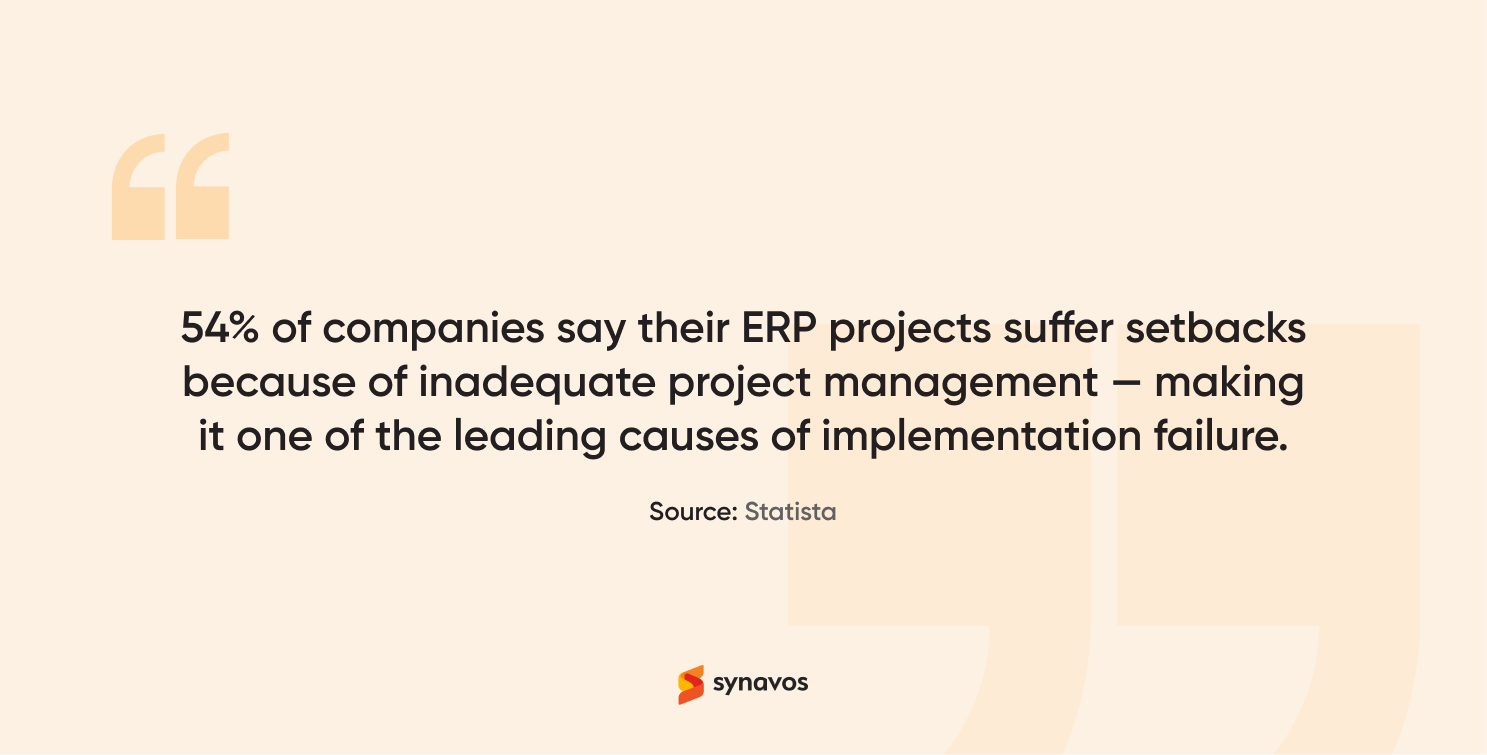
6. SAP B1 User Training and Change Management
Your ERP is only as effective as the people using it. SAP Business One has a clean user interface, but training is still essential, particularly if your team is new to ERP systems. Your implementation partner should offer hands-on, role-specific training tailored to your SAP B1 environment.
A good partner will also provide documentation, cheat sheets, or video tutorials based on your exact B1 setup. They should support you through the change management process as well, helping staff adjust to new workflows and promoting long-term system adoption across departments.
7. Verified SAP B1 Client References and Success Stories
Hearing from other businesses who’ve been through the SAP B1 journey is one of the most valuable parts of your evaluation process. Ask the partner for client references, especially from companies in your region or industry that also use SAP Business One. These testimonials and case studies should highlight not only the go-live success but also ongoing business outcomes, such as improved inventory visibility, faster month-end closings, or smoother procurement workflows.
Try to learn how the partner handled common B1 challenges, like data migration errors, multi-currency configuration, or handling warehouse bin locations. Reviewing case studies gives you an honest perspective on what to expect.
8. Transparent SAP B1 Pricing and Scope Management
ERP projects can go over budget quickly if costs aren’t clear upfront, especially with platforms like SAP Business One, where multiple components are involved. A reliable implementation partner will provide a complete pricing proposal that includes your licensing model (cloud subscription vs. perpetual), implementation costs, estimated hours for customizations, post-go-live support plans, and optional services.
It’s important that the scope of work is documented to avoid disputes over what is included. In SAP Business One projects, transparency in pricing prevents confusion and helps you plan your budget more accurately.
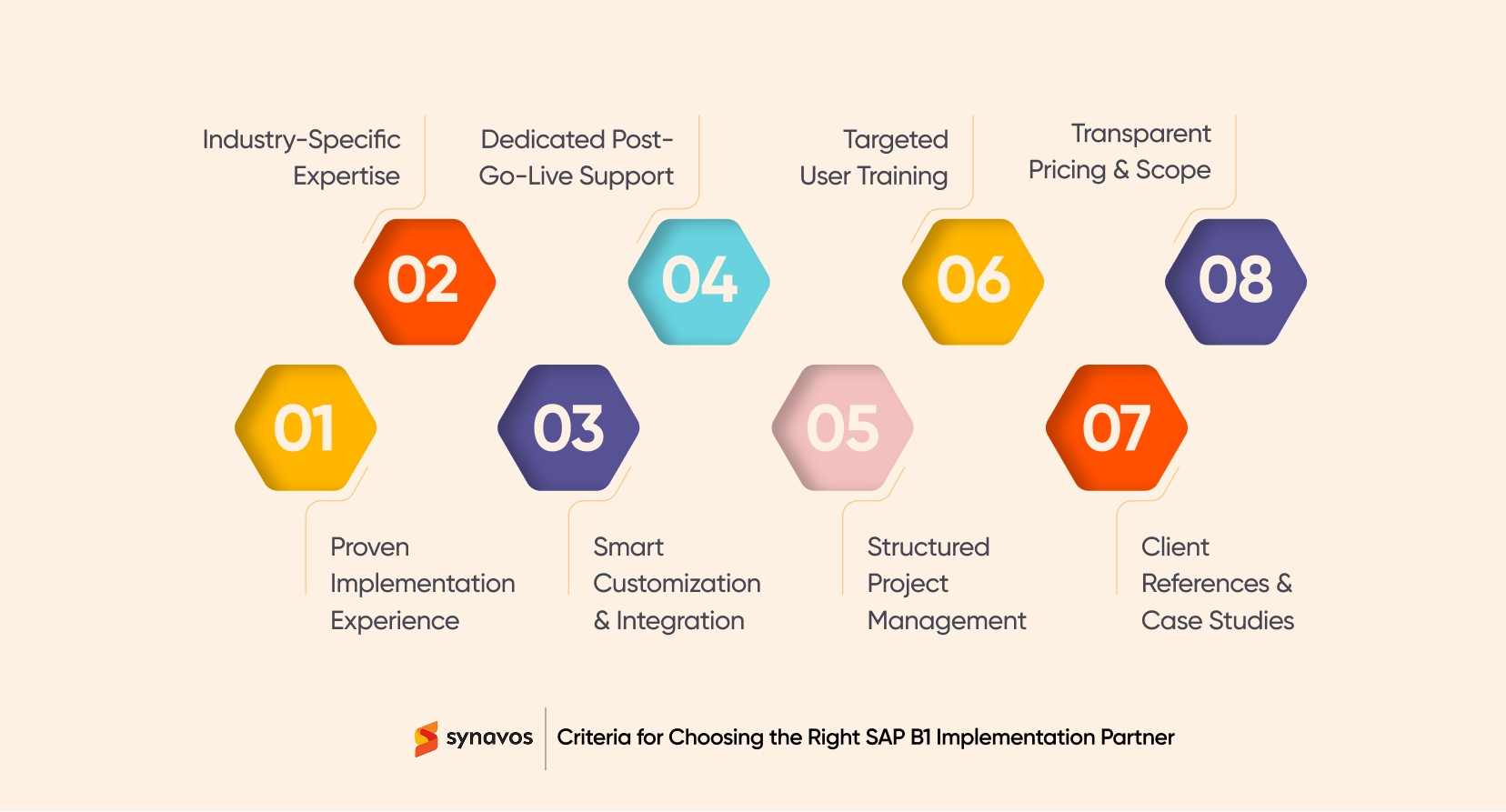
What to Avoid in a SAP B1 Implementation Partner
When evaluating potential SAP Business One implementation partners, it’s just as important to know what to avoid as it is to know what to look for:
-
Lack of Implementation Plan
If a partner can’t provide a clear roadmap or project scope, it’s a sign they may lack structure or experience.
-
No Designated Contact
Without a clear point of contact, communication can become messy, especially when issues arise mid-project.
-
Unrealistic Commitments
Be cautious of SAP B1 implementation partners who promise quick turnarounds or excessive functionality without understanding your actual needs.
-
Insufficient Training Approach
A good implementation doesn’t end at go-live. If training and user adoption aren’t part of the plan, your team may struggle to use the system effectively.
-
Sales-Driven Approach
Partners who try to rush the deal or offer generic solutions likely aren’t focused on long-term success or fit.
Final Thoughts
Choosing the right SAP Business One implementation partner is one of the most critical decisions you’ll make in your ERP journey. A skilled, experienced partner will not only ensure your SAP B1 system is configured to match your operational needs but also support your team through training, go-live, and long-term success. As you evaluate your options, use the above-discussed 8 steps as your checklist. Look beyond credentials and consider how well a partner understands your business, your goals, and your growth plans.
Our Approach to SAP Business One Implementation
At Synavos, we know that implementing an ERP system like SAP Business One is a strategic move that shapes how your business grows, operates, and competes. That’s why we take a collaborative, business-first approach to every project we deliver. Our team brings deep technical expertise and industry insight to every engagement. Whether you're a manufacturer looking to streamline production or a distributor needing better inventory visibility, we configure SAP B1 to match the way you work.
Get in touch with us today and let’s explore how SAP Business One can transform your business.
